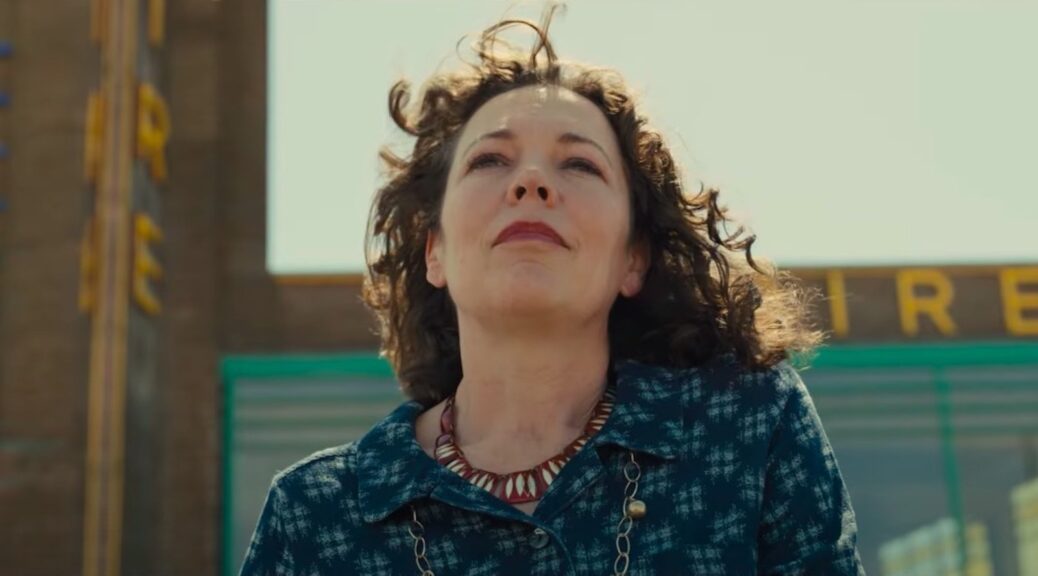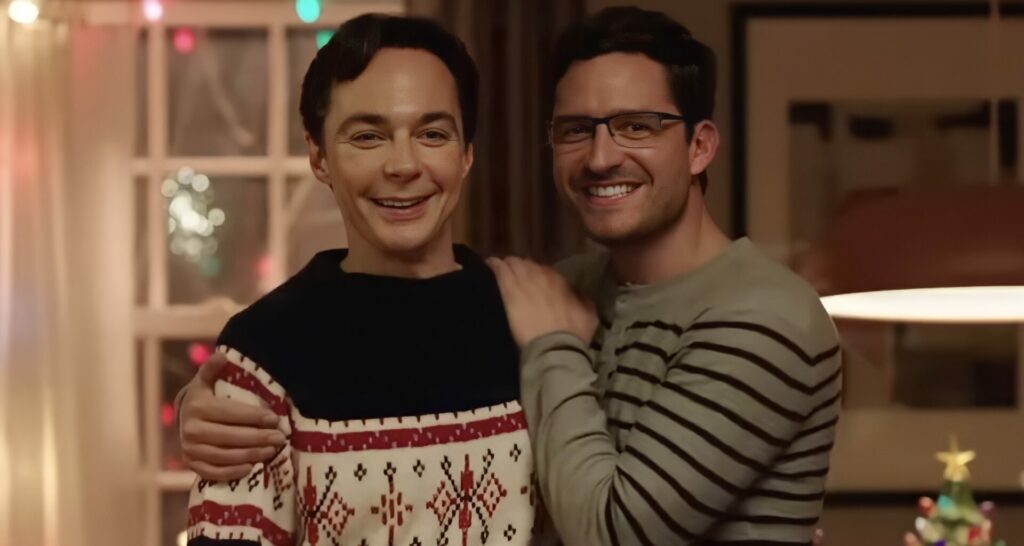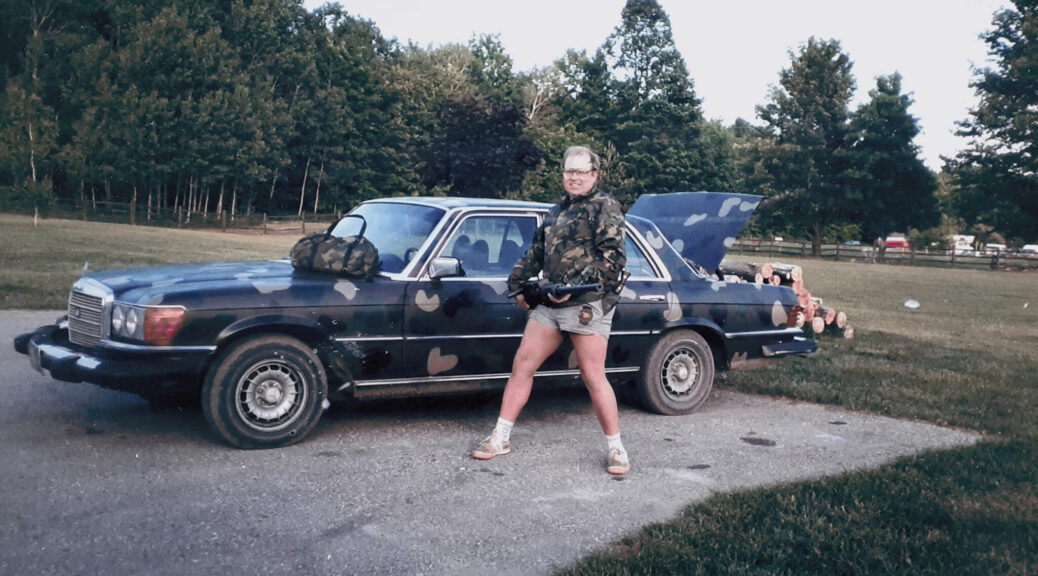High Heat
by George Wolf
Ana (Olga Kurylenko) is a high-end chef with a particular set of skills leftover from her past, so High Heat also offers a slice of Taken. But honestly, Die Hard is just easier to have pun with.
Okay, I’m done.
And there is some shoot-’em-up fun to be had with this film, you just have to wait for Ana’s old KGB partner to join the party.
But first, it’s opening night at the restaurant Ana co-owns with her husband (not her Dad) Ray (Don Johnson). It’s a pretty successful debut, until some mafia goons show up to burn the place down and settle Ray’s massive debt with an insurance payoff.
And before you can 86 the sea bass, Ana’s dispatching the hitmen so quickly that big boss Dom (Dallas Page) has to call in some mercenary backup.
But Ana has a friend to call, too. It’s Mimi (Kaitlin Doubleday), who’s still mad about being ghosted when Ana (or is it “Anya?”) left the Russian spy game. Mimi might be more inclined to hurt Ana than help her, but she’s on her way, along with her getting-in-touch-with-his-feeling hubby Tom (Chris Diamantopoulos) and their teenage twins (Bianca and Chiara D’Ambrosio).
And it’s that nuttily contrasting family dynamic that delivers on the promise of director Zach Golden’s breezy, stylishly throwback opening. Doubleday and Diamantopoulos supply the chemistry here, and along with Jackie Long as a mob masseuse in way over his head, give the film the jolt it needs to avoid being completely forgettable.
Even so, James Pedersen’s debut screenplay feels slight. High Heat struggles to find enough padding for even an 84 minute running time, and will probably fade from the menu pretty quickly. But when it does, maybe Golden and Pedersen will recognize the potential in their side dishes.
Re-tool this project into some cable-ready episodes starring Mimi, Tom and the twins, and you might really get something cooking.
















